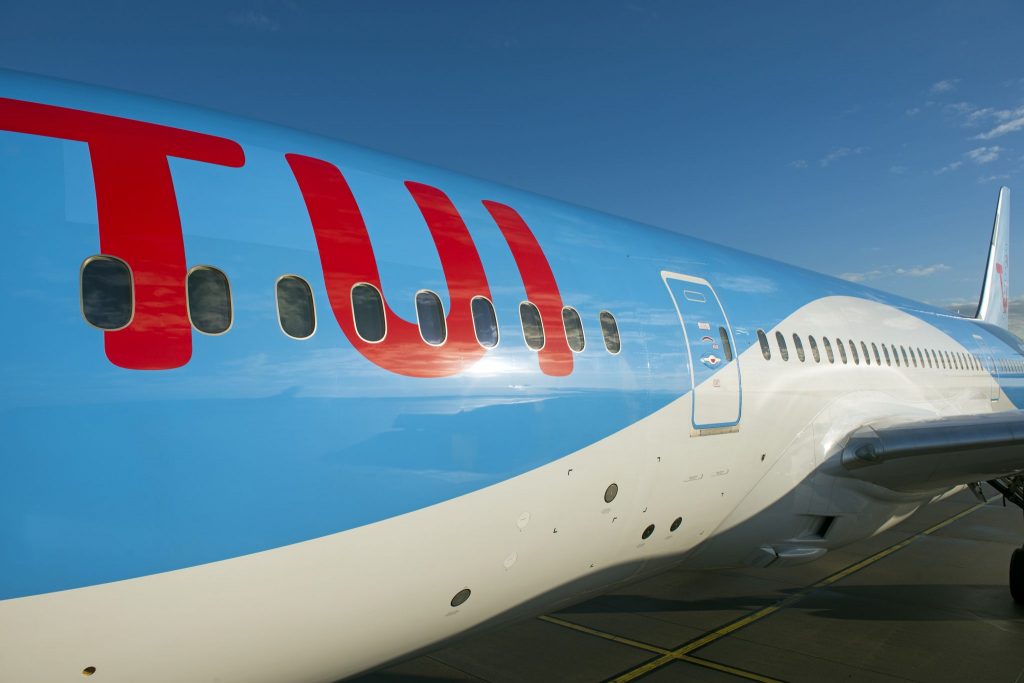TUI Is Pitching Remote Work Holidays as the Next Employee Benefit

Skift Take
Global tour operator TUI may have a captive audience for its new remote work holiday packages, which it is pitching to companies.
Most organizations haven’t yet definitively decided how remote they’ll go after the pandemic, but many are introducing policies that formally give staff the chance of working somewhere else for an extended period each year.
Amazon CEO Andy Jassy, for example, recently told staffers they’d be able to work fully remote for up to four weeks per year, as it can be “inspiring and reenergizing.” Day-to-day remote work policies remain at the discretion of team leaders.
TUI is responding, and launched dedicated “workcation” packages a few weeks ago, promoting stays of 21 or 28 days at 50 all-inclusive hotels and resorts. Criteria include at least four stars, WiFi, space to work and a balcony or terrace.
Join Us Online at Skift Aviation Forum on November 17
“I have spoken, just conceptually, to a few large employers in the UK about what they feel about this. And there’s certainly at a very senior level some interest in this,” said Richard Sofer, commercial and business development director at TUI UK and Ireland. “Companies could see it as a fantastic employee benefit. They could even use it as a reward mechanism, or build it into their own benefits packages for employees.”
Many companies already offer their staff subsidized rates for things like gym memberships or cinema tickets, so negotiated corporate deals for these particular holidays would be a logical extension.
Finding the Balance
In the U.S., more employees are taking longer trips as a result of working remotely, according to Skift Research’s newly released U.S. Travel Tracker: September 2021 Highlights report.
There’s a model that could get some traction. During a four-week stay, the employee would work the first week, take their vacation for two weeks, then work during the fourth and final week.
Several of its in-house TUI Blue resorts make the grade as workcation properties, but TUI has the scope to widen it out further considering it sells thousands of hotels and resorts. “Some of our suppliers are asking us what they need to do to be included in the workcation package,” said Sofer. “They’re starting to see that as a neat way to package up their hotel, and also to offer it to people who maybe hadn’t thought of their hotel before”.
As the world’s largest holiday operator, TUI has tested the concept at scale on its own UK corporate employees, who already work remotely. In fact, it’s partly thanks to them that the idea is taking off.
“We surveyed 2,000 employees to hear their views, and most of these things led us to this concept,” Sofer said. Some 1,000 employees said they wanted to have a workcation.
While there are "appropriate discounts" due to the longer stays, a month workcation could cost $620 a week, but Sofer said it still represented value considering flights and food are included.
While some schemes are available from as little as $600 for a month, TUI will need a persuasive pitch to convince employees its offering is worth the money. But from a corporate perspective, the brand at least carries some weight in these uncertain times.




